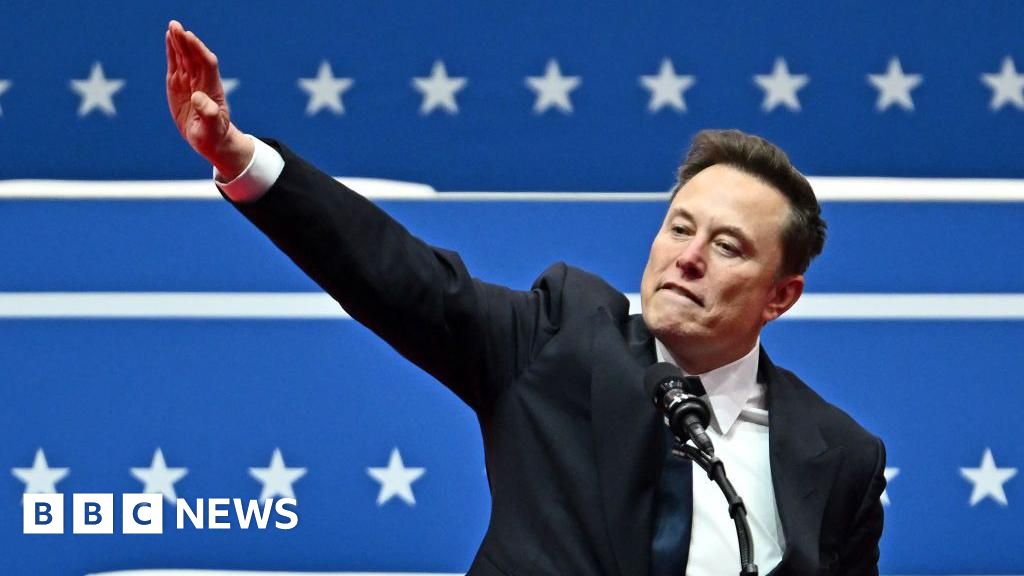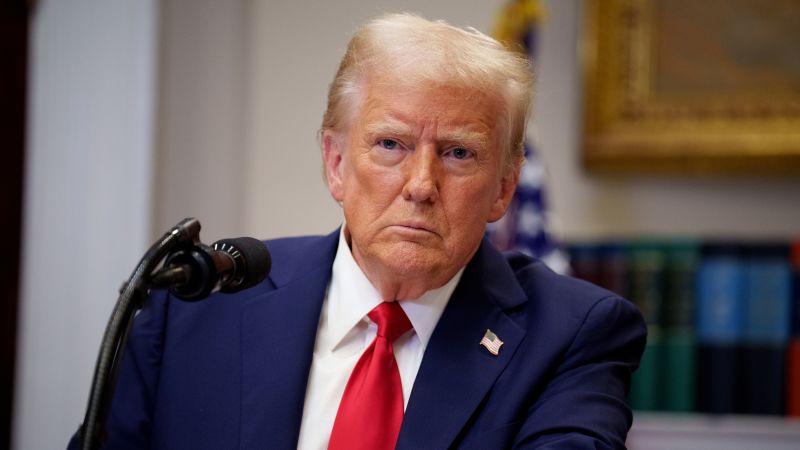The CEO of the European-Palestinian Council for Political Relations, Majed Al-Zeer, spoke about the major breakthrough achieved by the Palestinian issue within European societies recently.
Majed Al-Zeer, in an interview with Al Jazeera Net, attributed this breakthrough to the widespread demonstrations of supporters of Palestinian rights, in addition to the strong use of social media networks, and the focus on the human rights dimension to communicate the Palestinian voice, as well as creating ways of solidarity with Gaza. Including: “Turn off the lights” campaign.
He stressed that many politicians in Europe “have begun to take positions in favor of the human conscience by winning for the Palestinian people,” and warned that this is happening “despite the widespread restrictions to which supporters of the Palestinian cause are subjected.”
Despite this, Majed said that solidarity continues even in countries keen on strong relations with Israel, highlighting that the insistence of Gaza supporters on demonstrating has prompted the authorities in more than one country to stop banning demonstrations.
-
How do you see the interaction of the Palestinian, Arab and Islamic communities in Europe with what is happening in Gaza?
The collective official European political position is biased towards the occupying state, and gives it the right to self-defense without any deterrence or accounting for the lives lost. When we say: the official position, we exclude some advanced countries in their position regarding the European system, and we mention Spain and Ireland, and those outside… European Union There is also Norway.
However, the popular position, in its various European classes, increasingly supports the Palestinian cause and has diversified in its tools. Public opinion has become biased towards the Palestinian cause, and there is much evidence in several countries.
Popularly, demonstrations have spread on a daily basis across the European continent in all countries since the seventh of last October, including those demonstrations in Malmo, Sweden, and Brussels, Belgium. There are demonstrations even in Germany despite the security challenge, and last Saturday, Germany witnessed 29 demonstrations in 25 cities. .
These demonstrations are attended by European solidarity activists, Muslims, Arabs and Palestinians in Europe. There is some institutional field coordination in some of them, and in others the exit is spontaneous to express anger.
-
Are there other forms of support for Gaza other than demonstrations?
It is noted that there is great creativity in supporting the Palestinian cause, including excellence in pressuring politicians. This week, a resolution that would have raised the flag of the occupying state in the municipal council in Copenhagen, Denmark, was dropped. The main reason was the Arab and Muslim community’s support for the Palestinian right and its communication with representatives, which ultimately led to a vote against this resolution.
There is also activity on social media networks, and young people supporting the Palestinian cause who were born and raised here communicate with the media and public opinion makers, and in every European country there are networks of hundreds of young people who interact with the issue.
Many sectors, including artists, media professionals, trade unionists, politicians, and actors in all fields, also participated. In the human rights field, for example, networks of Arab, Palestinian, and even foreign jurists were established, in what is known as the “Alliance of Jurists in Europe,” in order to send petitions to politicians and influential people in decision-making positions, and to make known the genocide taking place against our people.
In turn, the merchants also stand in solidarity. Last Saturday, the German capital, Berlin, witnessed a commercial strike in which more than 200 shops participated. There is also a sit-in by the owners of white coats, that is, the doctors who went out to protest with their coats in support of the medical teams in the bombed Gaza hospitals. There is also the “Turn off the Lights” campaign, which responded to the electricity cuts in Gaza.
-
Regarding the “Turn off the Lights” campaign, can you convince the Europeans of the gravity of the violations taking place in Gaza, especially the electricity cuts since the start of the aggression?
The tragedy in Gaza is diverse, including cutting off electricity, stopping the delivery of fuel, bombing hospitals, destroying homes and blockades. Therefore, such means of solidarity; Such as turning off house lights, lighting candles, and posting photos of interaction bear fruit.
We now have the weapon of the Internet and social networking sites, and this is a battle in which we have won with great distinction. Every solidarity activist has become a media outlet in itself, broadcasting information around the clock, and Palestine has become strongly present on social media sites.
-
Will social media succeed in presenting a counter-narrative to the Israeli narrative to Europeans, especially groups who are not familiar with the Palestinian issue?
Yes, the aim of this work is to create a space of awareness of the issue among the European public, as well as the Arab public and new generations who grew up far from Palestine and the Arab region. We can say that a new school has emerged since last October, to define the issue from its roots, especially since the 1948 Nakba and before it, and this is what gives a strategic perspective to the Palestinian issue in the way of restoring rights.
Recently, we have noticed that many politicians have begun to take positions in favor of the human conscience, to win for the Palestinian people, and continuing this work will make a difference on the path to restoring rights despite the sacrifices and pain.
Akka Restaurant in Berlin turns off the lights as part of the “Turn off the Lights” campaign
Germany#GazaLights#Gazalights pic.twitter.com/1kP00l45Sv— GazaLights (@GazaLights23) November 1, 2023
-
Several European countries sided with Israel and supported what they called “its right to defend itself,” and we saw the ban on many pro-Gaza demonstrations there. In your opinion, why did these countries resort to all this ban on Palestinian demonstrations?
There are multiple reasons, including:
- The rise of the right in these countries and its close connection to the occupying state.
- The great activity of the Zionist “lobbies”.
- There are some special relationships, specifically Germany, as the massacres of Jews at the hands of the Nazis still linger in the German political mind and influence political decisions.
- Internal party competition to achieve electoral goals.
All of these factors create European hysteria in supporting the occupying state without reservation, and lead to a failure to look at the genocide that is taking place. -
Do you mean that some parties are competing to get closer to Israel for electoral goals?
correct. This is what we find in Britain, for example, where the Labor Party under its leadership has become aligned with the Conservative Party in supporting the occupying state. This is also the case in Germany and France, where the president Emmanuel Macron He is flirting with the extreme right, which is known for its great support for the occupying state.
-
Supporters of the Palestinian cause in Europe pay a tax that amounts to harassment and even expulsion from work, and from professional and political bodies. Doesn’t this affect their activity?
This is not new, but it has become more acute in recent years. But this restriction can be challenged through the law, and this is a positive thing given that you can file lawsuits in Europe against the state, and there are decisions that have been issued against it. Laws here can support advocates for the cause.
One of the manifestations of the narrowing that we have begun to see is: They are: Banning headphones in demonstrations. In a demonstration in Berlin last Wednesday, headphones were banned because the organizers raised slogans criticizing Zionism. It is clear that there is accountability for every word said by supporters of the cause in the demonstrations.
But despite all this, the demonstrations did not decline, and we began to see the European position, even the official one, changing little by little as the aggression continued, and it moved towards allowing demonstrations more and more.
-
What is the reason for the change in the positions of the authorities in these European countries?
- First, there is the popular insistence on demonstrating.
- The entry of qualitative and influential figures into supporting the Palestinian cause on a global scale.
- The role that young people play on social media in mobilizing for the cause.
- The expansion of the massacres in Gaza.
- We now notice that a number of police officers accompanying the demonstrations speak faintly about their dissatisfaction with their countries’ policies.
-
However, there are those who talk about another tax paid by the Palestinian cause, which is the growth of “Islamophobia,” as we have begun to witness a group of racist messages towards Muslims, even in countries that were not known for the growth of this discourse.
Islamophobia is rooted and ingrained in the Western world, and Muslims and Arabs have coexisted with racism for quite some time, even on issues unrelated to the Palestinian issue. But what is important is that the issue prompted the Muslim and Arab communities to stand up against this racism, by focusing on the human rights dimension.
There is a very important point: all Islamic and Arab factions in Europe united to support Gaza, and all forms of difference that we saw melted away. One of the greatest lessons currently is that Palestine unites and does not divide, and unites and does not fragment.






